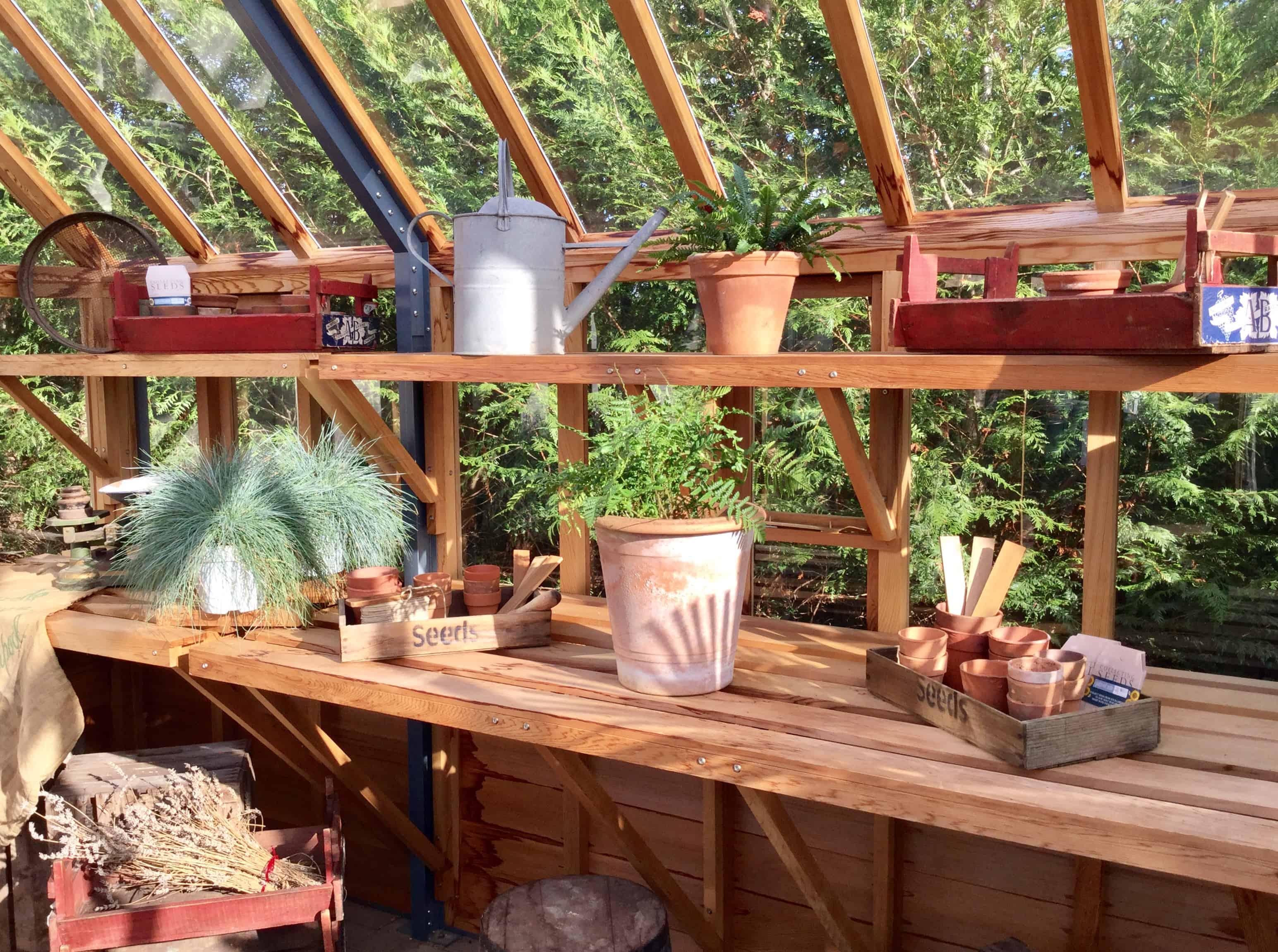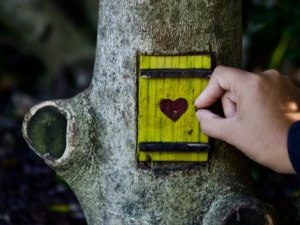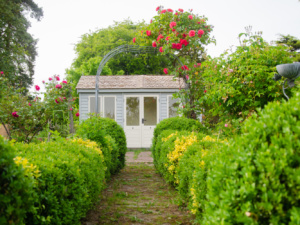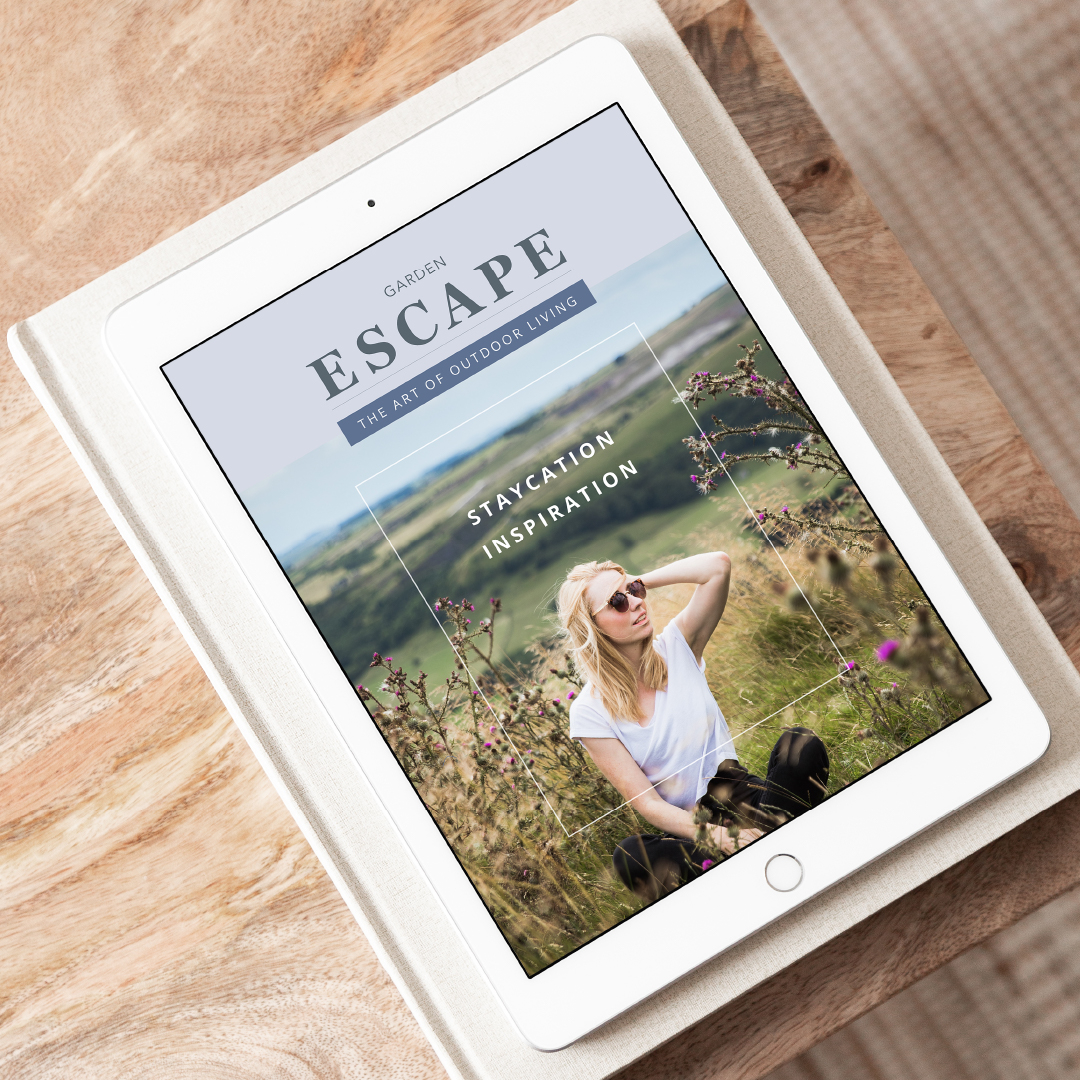Notes from the garden
Plastic-free Gardening Tips

The war on plastic rages on! Ever since the BBC’s Blue Planet II exposed the impact single-use plastic waste is having on our oceans, we’re all doing our best to ditch plastic.
Restaurants have banned plastic drinking straws, customers posted back un-recyclable crisp packets and supermarkets are starting to lose the packaging on fruit and veg.
The fact is plastic is everywhere! It lurks in kitchen cupboards, bathroom cabinets, toy boxes and even our gardens. It takes 400 years for a plastic plant pot to biodegrade. So, it’s hardly surprising the anti-plastic feeling is spreading to our gardens.
A special edition of BBC Gardener’s World planned for later this year promises to explore the topic. In the meantime, are you looking to reverse the tide of plastic and find alternatives to your gardening staples?
Here are some of the eco-friendly, sustainable options available. Doubtless more products will come on the market but for now, it’s just a question of taking the time to find them. Every sustainable alternative is a great step in the right direction.
Potting up
For potting your seedlings, one option is coir pots (available from nutscene.com). They’re made from the inner husk of a coconut shell. There’s no need to remove the growing plant from the pot as the roots grow through the pot wall and the whole thing will fully biodegrade in 3 months.
Newspaper is another option. The Paper Pot Maker from Burgon & Ball is a nifty kit that helps you to make a limitless supply of biodegradable pots for seeds, seedlings and young plants. Toilet roll tubes, empty egg shells, cardboard egg trays, hollowed out lemons and oranges do the job too!
For pots, recycling is the first port of call – some garden centres pass on their pre-loved pots, and most of us have a stack or two of old pots we have from previous plant purchases.
Websites such as Freecycle and Facebook Marketplace are great places to pick up another gardener’s excess, usually for free! Re-use them for as long as you can, and once they’ve given up you can pop them in the council recycling – as long as they’re not black as the recycling machines can’t detect them.
Labelling
There are lots of eco-friendly options for marking up your plants made from slate, wood or even copper. The ethical superstore have a set of eco plant labels made from recycled plant pots.
Tying back
When it comes to a miracle material, jute twine is the answer. It can be used for tying up unruly stalks, trellises, ties for labelling, netting and even hanging planters. This technique of-old is beautifully rustic looking, 100% biodegradable and spools are widely available from most garden centres, homeware stores and craft stores. Jute netting is also available from gardening-naturally.com.
Buying plants without plastic
If you’re dedicated to banishing the plastic in your garden you’re going to need will power. No more impulse buys from garden centres or your tower of plastic pots is going to start creeping back.
Why not buy your plants “bare root”? From November to March you can buy bare root from mail order nurseries and wholesale nurseries like Howard Nurseries in Norfolk.
There are also plastic-aware nurseries like Bluebell Cottage Nurseries in Cheshire who will remove the pot before sending. They use wax paper or newspaper to wrap them.
Tools
As for garden tools, Burgon & Ball do a beautifully designed range of wooden and stainless-steel tools that are endorsed by the Royal Horticultural Society and come with a lifetime guarantee against manufacturing defects. An annual rub-down with linseed oil and a bit of TLC will ensure years of faithful gardening service.
A plastic-free future
The path to plastic free gardening is likely to be a slow and winding one as we wean ourselves off plastic and find more sustainable alternatives.
For more advice to keep you on track take a look at this article on sustainability and your greenhouse. Sally Nex’s website is full of plastic free gardening advice.
Friends of the Earth also have some helpful tips from Alys Fowler.




